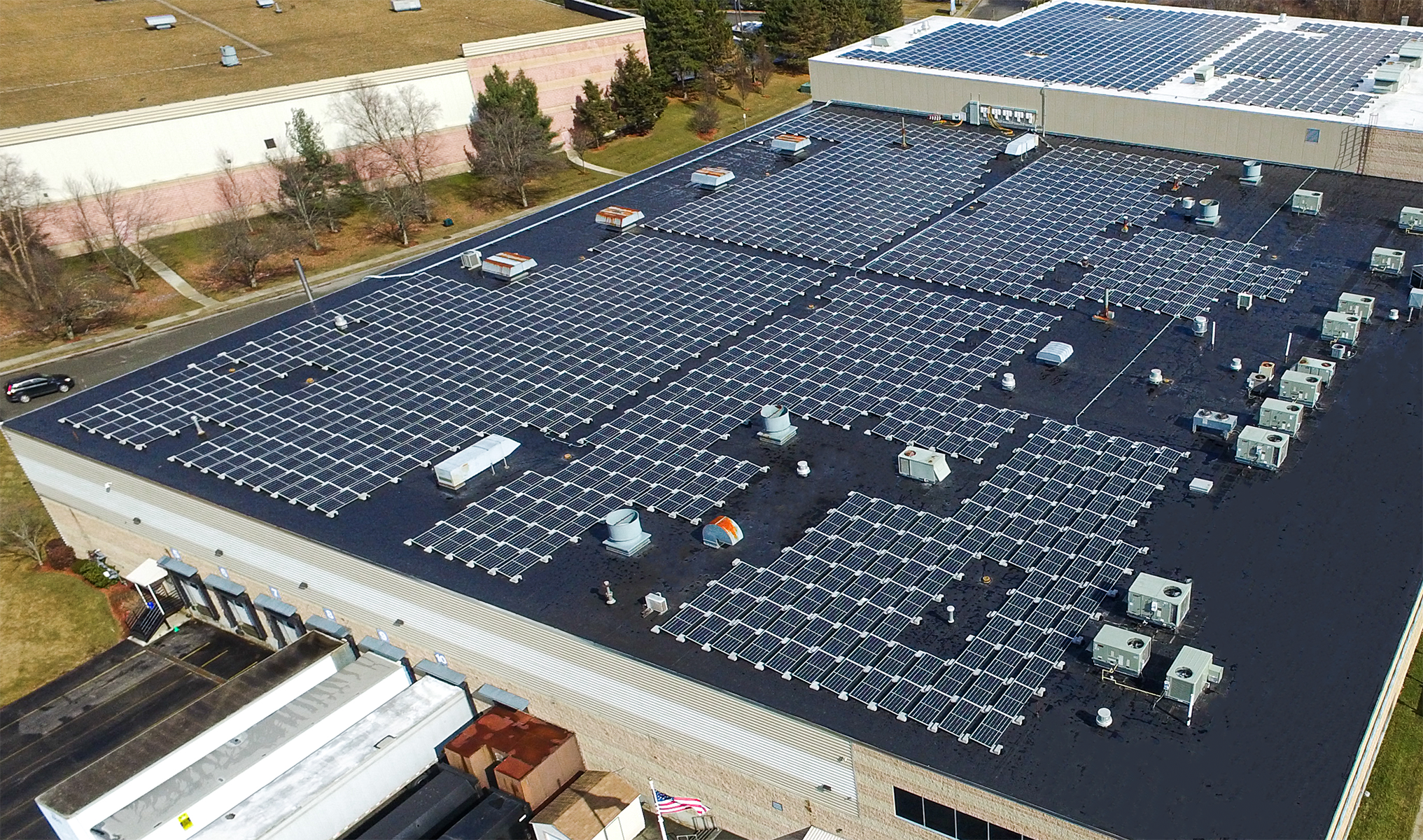The Large Building Energy Reporting (LBER) law from 2024, established under the Massachusetts Driving Clean Energy and Offshore Wind Act, requires annual reporting of energy usage by all buildings 20,000 square feet and larger. Reporting of the previous year’s (2024) energy consumption must be completed by June 30, 2025. The reporting responsibility will be jointly shared by building owners and utility providers. The results will be published annually on the DOER website by October 31.
This initiative aims to monitor and reduce emissions from the built environment, representing nearly 30% of greenhouse gas emissions in Massachusetts.* While LBER currently does not specify any penalties, similar ordinances have incorporated both incentives for compliance and financial penalties for noncompliance. As the program evolves, staying proactive will be key to remaining informed about current and new requirements for large building owners.
*source: Massachusetts Clean Energy and Climate Plan for 2025 and 2030; June 30, 2022.
Key milestones and reporting requirements
- Year 1 focuses on reporting energy consumption data from the previous calendar year (2024), with submissions due by June 30, 2025.
- In Year 2 (2025–2026), the state will analyze submitted data to establish a building decarbonization schedule and timeframe to curb emissions. If LBER follows other similar ordinances, DOER may offer technical assistance grants to support and motivate building owners to identify high-impact building-system electrification strategies for achieving greater emissions reduction goals.
- By year three, the next phase could include specific emissions targets and compliance obligations measured in CO2. Properties failing to meet these targets within the designated timeframe could face financial penalties.
Learning from other states and cities
LBER is not just another reporting requirement, it’s a critical step toward Massachusetts’ goal of achieving carbon neutrality by 2050. States like Colorado, Maryland, and Washington are advancing similar policies, while cities such as New York, Boston, and Cambridge have already demonstrated success in using emissions mandates to drive meaningful decarbonization in the building sector. Clearly, Massachusetts has a wealth of inspiration to draw from as it works toward achieving its carbon neutrality goals.
From burden to business case
Rather than viewing LBER as a compliance headache, it can, and should, be seen as a lever for performance. Buildings that proactively adopt clean energy and electrification strategies are positioned to:
- Lower long-term operating costs
- Improve property value over time
- Enhance tenant satisfaction and marketability
- Remain compliant and reduce the risk of penalties
Most importantly, be better prepared for future building performance standards.
Why solar is the smart move
One of the most effective ways to meet and exceed LBER standards is through onsite solar. The business case here is compelling: with generous tax credits from the Inflation Reduction Act and strong financial returns from the Massachusetts SMART solar incentive program, your solar investment delivers significant savings, new income streams, and clear environmental benefits. Whether it’s on a rooftop, over a parking lot, or a ground-mount system, solar implementation isn’t just about cutting emissions; it’s also a smart financial move.
Solect: Your partner in compliance and performance
With the LBER regulations unfolding, it’s essential for building owners and managers to stay informed. Keeping a close eye on deadlines, policy updates, and compliance requirements can make all the difference. Regularly checking the LBER website and staying educated on the regulations will help you make the right decisions at the right time.
The LBER helpdesk is here to provide detailed insights, answers to your questions, and guidance on navigating this new regulatory landscape with confidence.
At Solect, our experienced team and their deep knowledge of solar development and regulatory compliance sets us apart. We help you design and implement solar systems tailored to your needs that meet your energy goals and keep you aligned with evolving state mandates around energy efficiency and emissions. We’ve successfully completed hundreds of projects in similarly regulated environments and are ready to do the same for you.
If these new LBER regulations feel like you’ve been given lemons, let Solect Energy help you leverage the opportunity and turn them into lemonade!
October 2, 2025

